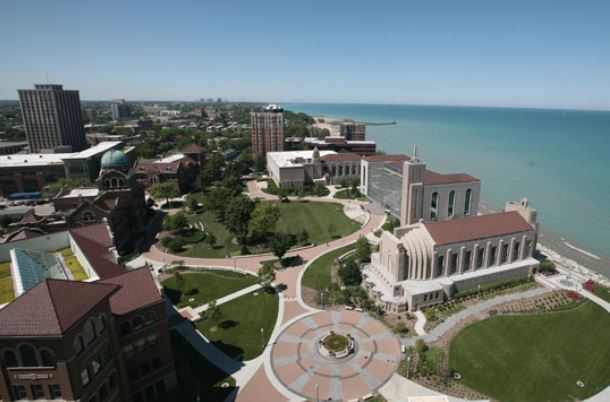The history of clinical psychology is a rich narrative that spans centuries, intricately woven with the threads of human understanding, compassion, and the relentless pursuit of mental well-being. Delving into the origins of this field offers a captivating journey through time, unveiling the evolution of clinical psychology from its nascent stages to the dynamic discipline it is today.
The human mind works in very many mysterious ways that surprise people from time to time. The mind although is abstract but is still a part of the human system and hence, like those other organs that our body is comprised of; this too can have certain abnormalities and problems. Now, clinical psychology is a combined study of science, theory and the clinical knowledge for understanding people with mental abnormalities or any sort of dysfunction just to find cure and ensure the well-being of those in distress. This field had supposedly occurred first in the year 1896 when Lightner Witmer had opened a psychological clinic in the University of Pennsylvania for the very first time.
Early Foundations:
The roots of clinical psychology can be traced back to the late 19th century when pioneers like Wilhelm Wundt and William James laid the groundwork for experimental psychology. However, it was the influential work of Lightner Witmer that marked the inception of clinical psychology as a distinct discipline. Witmer, in 1896, established the first psychological clinic at the University of Pennsylvania, aiming to apply psychological principles to address individual concerns and promote mental health.
The very first example of the applied psychology that was being used was when Witmer had cured a boy who had issues with the spellings. About 10 years later, Witmer had published the very first journal that was regarding the clinical psychology itself, which was named Psychological clinic. For the early half of the 20th century, clinical psychology mainly dealt with the assessment of the mental health alone and not much of the treatment part. But as time progressed, the whole scenario changed with increasing need of the trained clinicians during the World War II in the 1940s.
The early works of many of such clinical psychologists usually dealt with parts of religion, magic or was basically regarding the medical perspectives. The early physicians who dealt with this side of the field can be recorded as Patañjali, Padmasambhava, Rhazes, Avicenna, and Rumi. Before the proper invention of this field of study or rather research, one could examine the head of a particular patient, by using phrenology which deals with the study of personality of a particular by examining the shape of the skull. Other treatments were physiognomy, which is the study of the shape of the face. These studies were a bit more on the vague side, since it could not completely bring the cure that the clinical psychologists of today’s world would try to bring in for those mentally distressed.
When J. E. Wallace Wallin led the founding of the American Association of Clinical Psychology, this field of study or research came to be known under the very name of the ‘clinical psychology’, in the year 1917. This had lasted till 1919, after which the American Psychological Association had developed a section on clinical psychology which offered certification until 1927. From then on, there was a slow rate of growth in this field of study, until many small associations joined their hands together as the American Association of Applied Psychology, in the year 1930, that would rather act as the primary forum for the psychologists until after the World War II, when the APA was reorganised. While finally in 1945, the APA had formed an organization, which is known as the Society of Clinical Psychology (Division 12) in the present days, which by far is the leading organization in this field till date. The Psychological societies of the various other English-speaking countries had emerged quite similarly in the division consisting of similar sections, including the countries such as New Zealand, Britain, and Canada and so on.


